Mentorship in Music: Waajeed of Underground Music Academy
| Written by | Mike Rubin |
|---|---|
| Published | 12/21/2021 |
Mentorship in Music: Waajeed of Underground Music Academy
| Written by | Mike Rubin |
|---|---|
| Published | 12/21/2021 |
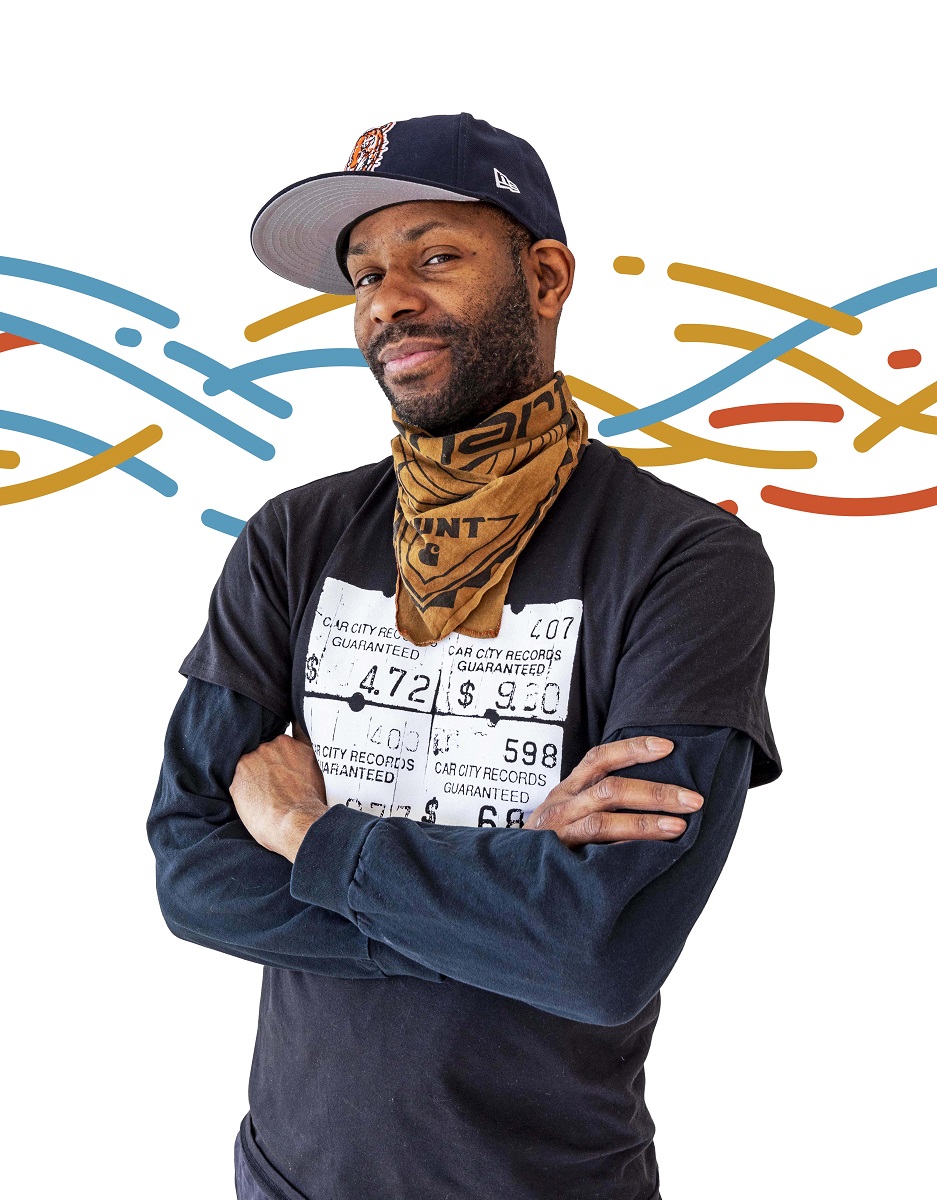
Waajeed. / Photo by Bill Bowen
Waajeed has worn many hats in his musical career. Besides the stylish Borsalino he usually sports, he’s been the DJ for rap group Slum Village, half of R&B duo Platinum Pied Pipers, an acclaimed producer of hip-hop and house music, and proprietor of his own label, Dirt Tech Reck. But it’s his latest venture that feels closest to his heart: educator.
The 45-year-old Detroit native is now the director of the Underground Music Academy (UMA), a school set to launch in 2022 that will guide students through every step of tackling the music industry obstacle course. “You can learn how to make the music, put it out, publish it, own your company, and reap the benefits,” he said of his vision for UMA. “A one-stop shop.”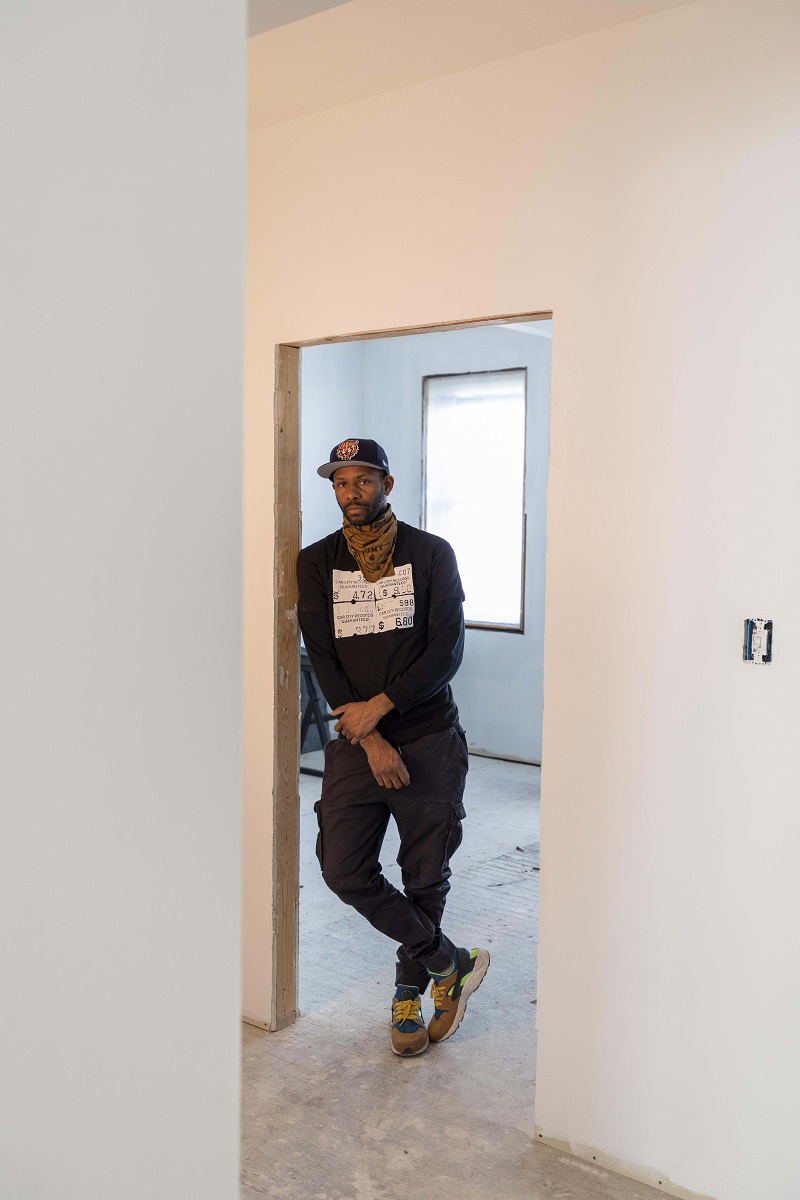
Photo by Bill Bowen
While Waajeed initially broke into music via hip-hop, UMA will, at least at first, focus on electronic dance music. Detroit is internationally renowned for techno, a form of electronic dance music first created in the Motor City in the mid-1980s by a group of young African American producers and DJs. But as the music exploded globally, particularly in Europe, techno became associated with a predominantly white audience. While Detroit’s pioneers were busy abroad introducing the music to foreign markets, the number of new, young Black practitioners at home kept dwindling.
UMA’s initial spark hit Waajeed a few years ago, when he was spending endless hours on planes and in airports, jetting to DJ gigs around the world. “On almost every flight I jumped on, I didn’t see a lot of people that looked like me, and it didn’t feel right,” he said. “All of this energy that’s being put into building Europe’s connection to our music and our past and our history, and it’s like, this needs to be happening in our own backyard. It was an awakening.”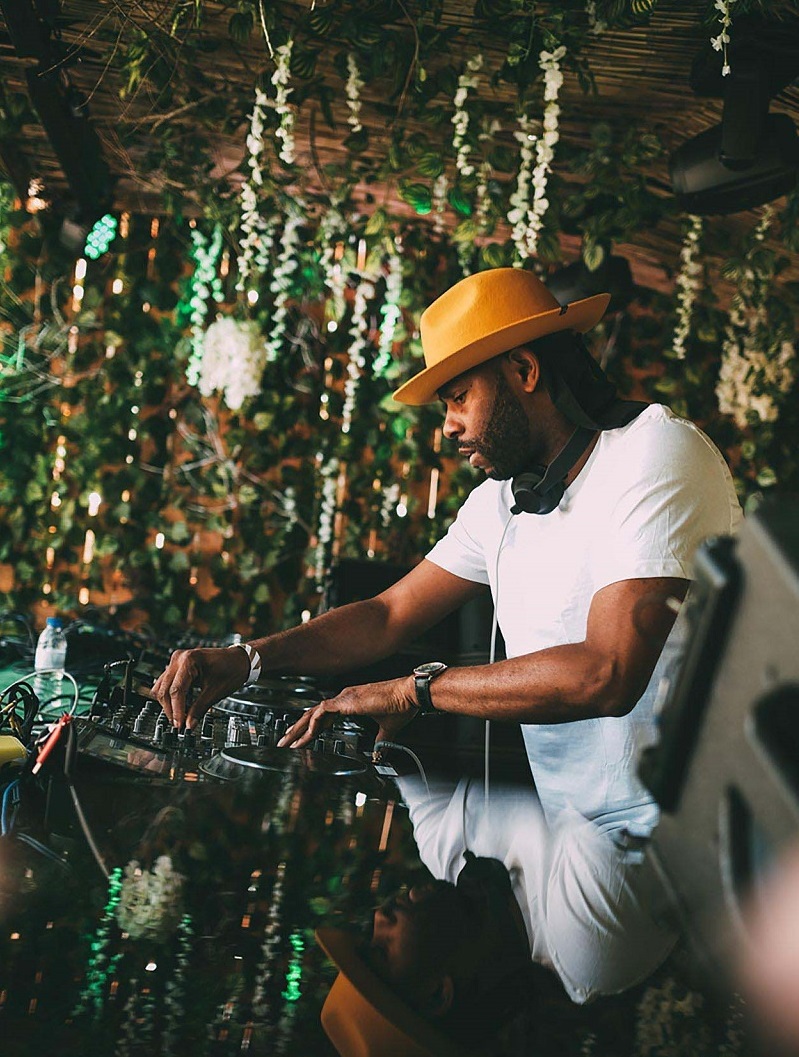
Waajeed performing at Brunch Electronik Lisboa in Portugal. / Photo courtesy Brunch in the Park
Waajeed spoke to Mike Banks, a founder of the fiercely independent techno collective Underground Resistance, about how best to communicate to younger Black listeners that this music, primarily associated with Germans and Brits for the last 30 years, is actually an African American art form. The genesis of UMA flowed from their discussions. Waajeed described Underground Resistance’s credo of self-determination and mentorship as “a moral and business code that’s been the landmark cornerstone for our community.”
Another huge inspiration came from older musicians like Amp Fiddler, a keyboardist for Parliament-Funkadelic whose home in Detroit’s Conant Gardens neighborhood was close to Waajeed’s high school, Pershing. Whenever Waajeed and his friends (like future hip-hop producer J Dilla) skipped class, they’d end up in Fiddler’s basement, where he taught the teens how to use instruments and recording gear. “It started with people like Amp,” Waajeed said, “taking these disobedient kids in the neighborhood and giving us a shot in his basement, to trust us to come down there and use what felt like million-dollar equipment at the time, teaching us how to use those drum machines and keyboards. Amp put us in the position to be great at music.”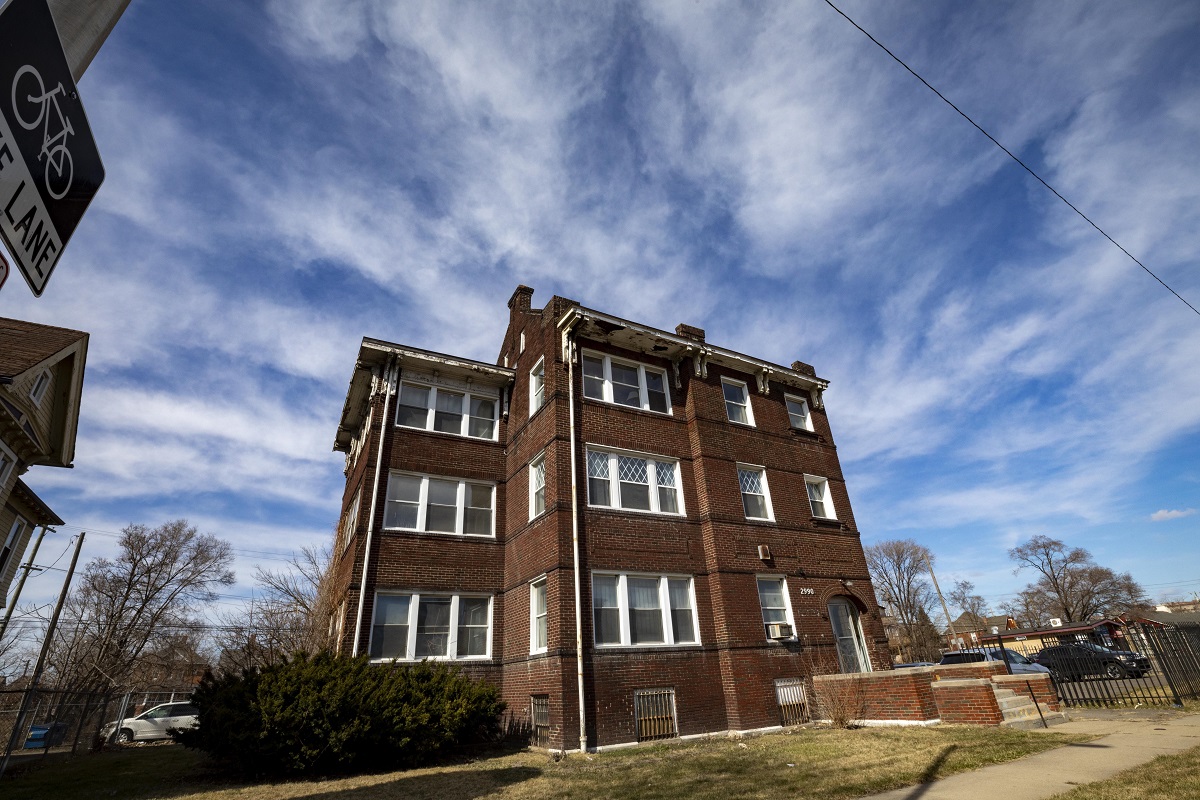
After years in the making, Waajeed is hoping to welcome students to the physical space for his Underground Music Academy in 2022. It will be located on Detroit’s East Grand Boulevard, near the internationally known Motown Museum. / Photo by Bill Bowen
Waajeed hopes UMA will institutionalize that same “each one teach one” tradition, not only with respect to music-making but also business and social acumen. “I heard stories about people who worked with Motown that would teach you what forks to use so you could sit down for a formal dinner, and that’s what I’m more interested in,” he said. “As much as being a beat maker is important, it’s just as important to be a person who is adamant about your business: knowing how to handle yourself the first time you go on tour, or how to set up publishing companies and bank accounts for those companies. That’s what we’re trying to do, to make that instruction more available so you have no excuses to fail.”
Until the physical space is ready to host students—scheduled for 2022, though the COVID-19 pandemic may alter that plan—UMA is concentrating on video tutorials that can be watched online, as well as fundraising, curriculum planning, and brainstorming about how best to reach the academy’s future pupils.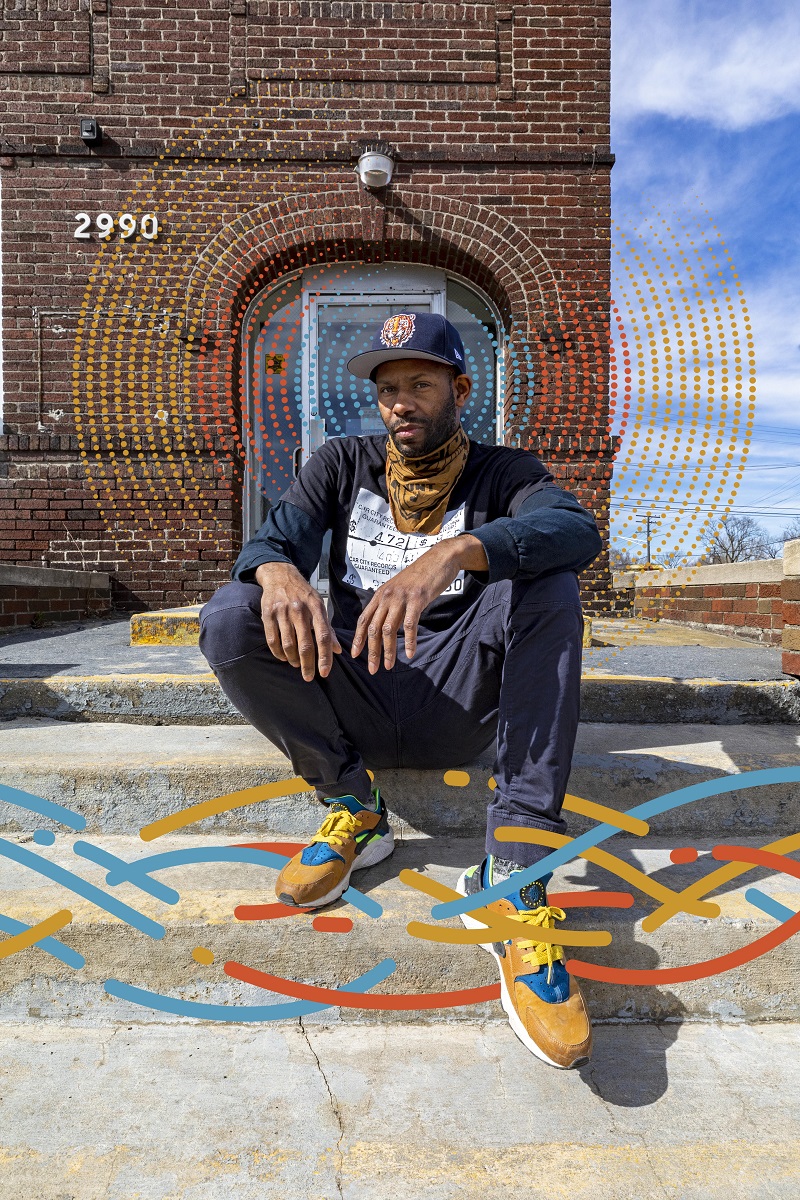
Waajeed sits on the steps of the future Underground Music Academy in Detroit. / Photo by Bill Bowen
“The result of this is something that will happen in another generation from us. We just need to plant the seed so that this thing will grow and be something of substance five or ten years from now,” Waajeed said. “I would be happy with a new generation of techno producers, but I would be happier with a new generation of producers creating something that has never been done before.”
Mike Rubin is a writer living in Brooklyn. This post was adapted from “Where Can Sound Take Us?,” an article in the June–December 2021 issue of The Henry Ford Magazine.
Keywords | |
|---|---|
Themes |
